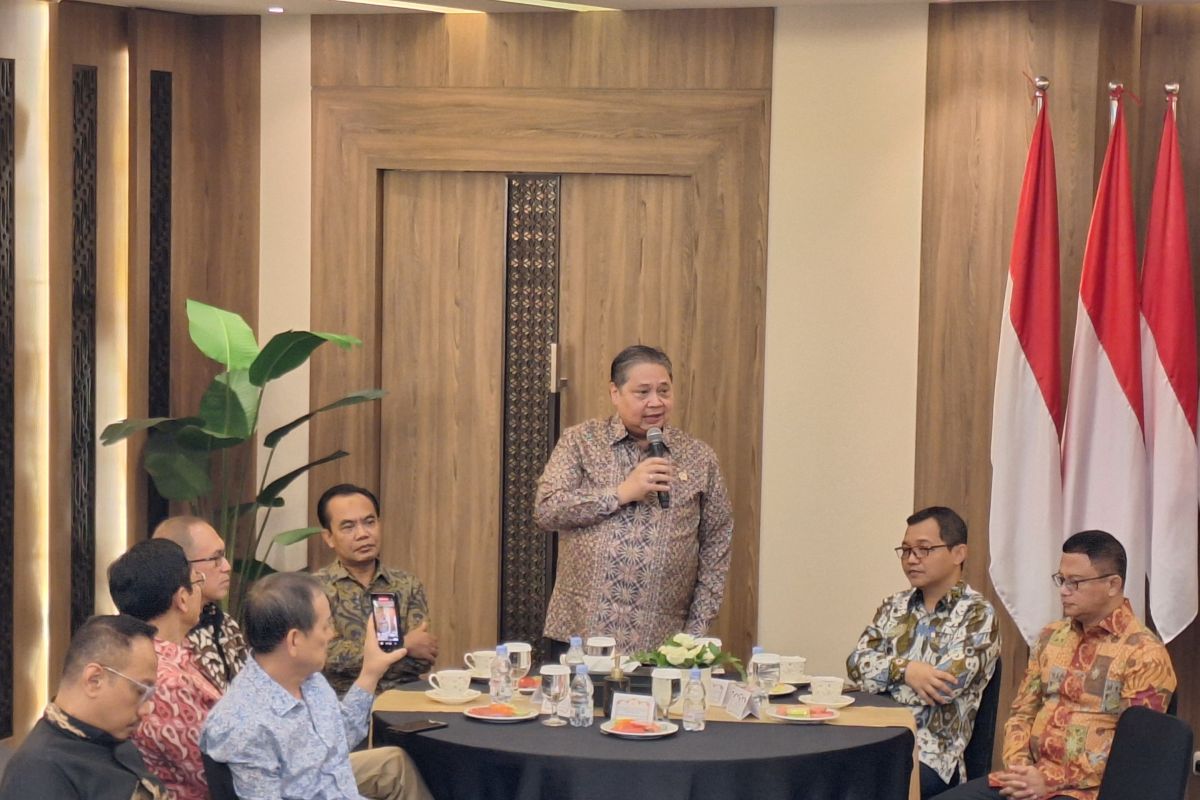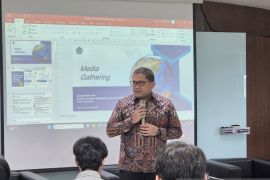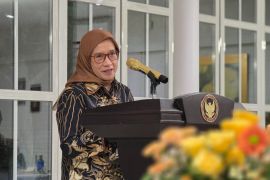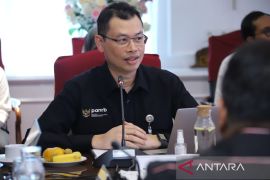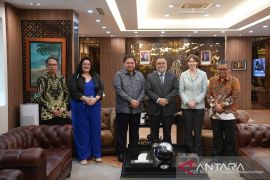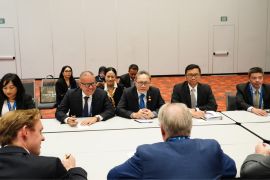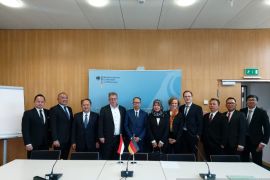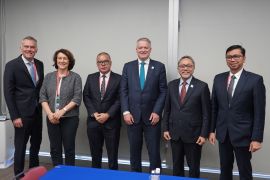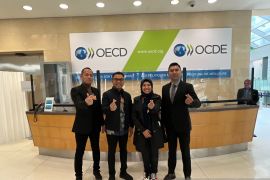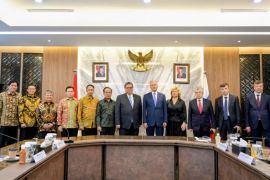"Per capita income for Jakarta is US$21 thousand. Meanwhile, Central Jakarta had reached US$50 thousand. Jakarta's agglomeration is on par with other countries, including Singapore," he remarked on Thursday.
According to the minister, the North Kalimantan region also escaped the middle-income trap, with a per capita income of US$17 thousand, while East Kalimantan reached US$13,996 based on data from the National Development Planning Agency (Bappenas) in 2023.
"Including several districts in South Sumatra, such as Ogan Komering Ilir, then areas in Sulawesi, for example Morowali," Hartarto stated.
However, requisite steps should be taken to ensure that the wheels of the economy continue to run in each region. Nevertheless, he believes that achieving equality remains a challenge for Indonesia to bring other regions out of the middle-income trap.
With these various indicators, the minister is optimistic that Indonesia will be able to undergo the accession period to the Organization for Economic Cooperation and Development (OECD) quickly and smoothly.
"In the OECD accession, we have complied with several stages such as the environment and SOEs management. Indeed, we are not starting from zero. Therefore, in the next three years, we will accelerate," he noted.
To this end, he encouraged regional governments to focus on improving the industrial potential of their respective regions.
On Wednesday (July 24), Hartarto admitted that Indonesia's steps were ambitious but the OECD had also received a political assurance in the form of the National Long-Term Development Plan (RPJPN) 2025-2045 Law.
He stated that the government is currently conducting structural reforms through the Job Creation Law, which involves revising 70 Laws.
With this breakthrough, Indonesia's competitiveness ranking improved from 34th to 27th, according to the Institute for Management Development (IMD).
Currently, Indonesia is focusing on compiling an 'Initial Memorandum' to fulfill the standards and requirements for full OECD membership. Indonesia will convey to the world about the reforms through the memorandum.
The Initial Memorandum covers 26 sectors in the OECD steering committee. The memoranda prepared included those for the financial, economic, anti-corruption, healthy competition, consumer policy, digital economy, and technology policy sectors.
Hartarto stated that during the accession process, the OECD National Acceleration Team would involve all parties related to the 26 sectors to complete the Initial Memorandum.
Related news: Co-ops' role vital in helping nation escape middle-income trap
Related news: Indonesia eyes upper middle-income reclassification: Bappenas
Translator: Bayu Saputra, Resinta Sulistiyandari
Editor: Rahmad Nasution
Copyright © ANTARA 2024
